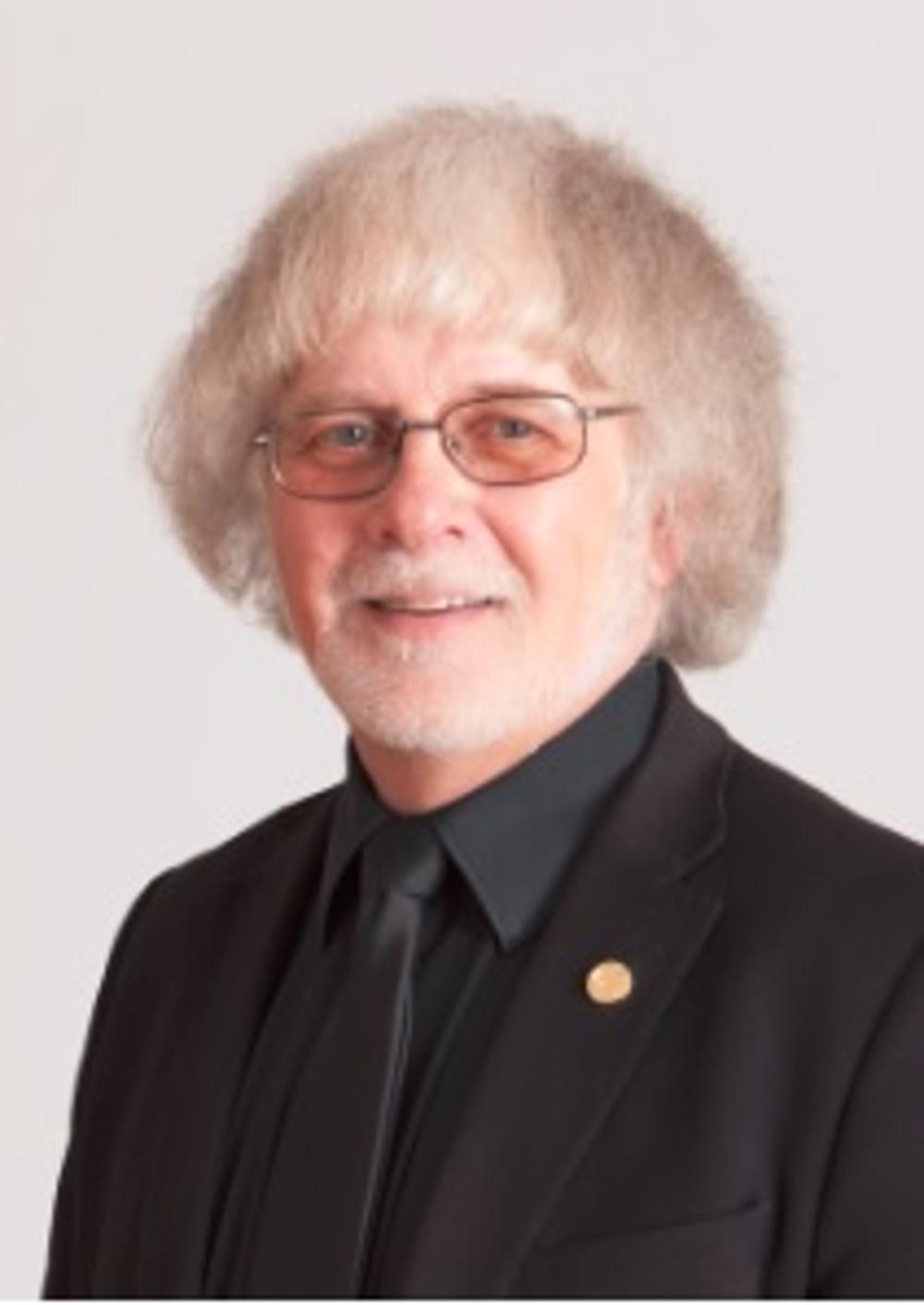
John Froats
Nuclear Engineer in Residence
Associate Professor
Faculty of Engineering and Applied ScienceProminent nuclear energy safety and regulation expert guides new Canadian standards.
- BEng - Electrical Engineering McMaster University, Hamilton, Ontario 1974
Knowledge Management in Nuclear Engineering
Istanbul, Turkey November 3, 2014IAEA Technical Meeting on Engineering Responsibility and the Design Authority Concept for the Review of New Nuclear Power Plant Designs
Safety Culture Program
Ontario Power Generation (OPG), Pickering, Ontario November 1, 2013Senior Nuclear Plant Manager Program
Managing Across the Organization
Mississauga, Ontario June 1, 2013CANDU Owners Group Leadership Development Program
Role of CSA Standards in Nuclear Engineering and Education
Anaheim, California July 30, 2012ASME International Conference on Nuclear Engineering
2016 Canadian Nuclear Society Harold A. Smith Outstanding Contribution Award
Canadian Nuclear Society January 1, 2016Honoured for his tremendous contributions to the nuclear industry in Canada.
2015 Canadian Standards Association (CSA) John Jenkins Award
Canadian Standards Association (CSA) January 1, 2015Recipient for his outstanding contribution to the advancement of Canadian nuclear energy standards.
2010 Canadian Standards Association (CSA) Award of Merit Canada
Canadian Standards Association (CSA) January 1, 2010Awarded for his outstanding contribution to the advancement of the Nuclear Standards Program in Canada.
Power Within Achievement Award
Ontario Power Generation (OPG) January 1, 2005Honoured for his outstanding leadership of the OPG Nuclear Program during his 22 years with the organization.
Chair of the Safety Advisory Board, and Advisor to the Board in the Canadian Nuclear Laboratories (CNL)
Canadian Nuclear Laboratories (CNL) April 1, 2014CNL is Canada’s premier nuclear science and technology organization, and a world leader in developing innovative applications from nuclear technology.
Canadian Nuclear Society
Canadian Standards Association
International Atomic Energy Agency
Professional Engineers of Ontario
- Nuclear Plant Operation (NUCL 4640U)
A combination of lectures and self-paced interactive CD-ROM study will introduce students to the principles of energy conversion, to the operating features of the main nuclear reactor types, the use of pressure vessels and pressure tubes, natural versus enriched fuel, moderators, reactor coolant systems, steam turbines and associated water systems, generators, transformers, electrical output and plant electrical systems, grid frequency and voltage control, reactor following-turbine and turbine-following- reactor unit control systems, turbine generator governing, power maneuvering capability, trips, steam dumping to the condenser, normal and abnormal operating events. - Capstone Design I (NUCL 4994U)
The capstone design provides nuclear engineering students with the opportunity, under the supervision of a faculty member, to integrate and synthesize knowledge gained throughout their program of study. Through completion of their design, students working in a team, will demonstrate an understanding of the design engineering process and the ability to apply it. The topic will be selected to include aspects of nuclear energy. Students will be required to organize and conduct a design with a significant analytical component and demonstrate understanding of several aspects such as technical, economic, environmental and other societal impacts. Capstone Design 1, will typically be a group design, but with each student having clearly defined roles, objectives and outcomes. - Capstone Design II (NUCL 4998U)
The capstone design project provides nuclear engineering students with the opportunity, under the supervision of a faculty member, to integrate and synthesize knowledge gained throughout their program of study, to satisfy specific objectives and requirements. The topic will be selected to include aspects of nuclear energy. Students will be required to organize and conduct a design project with a significant analytical and/or experimental component, typically including aspects such as technical, economic, environmental and other societal impacts. Capstone Design II will typically be an individual design project progressing an aspect of the work done in NUCL 4994U unless specifically approved by the supervising faculty member. With approval of the supervising faculty member, a clearly delineated individual contribution to a group design project is acceptable. The requirements include a written project report and an individual presentation of the project outcomes - Nuclear Engineering Processes and Techniques (NUCL 5130G)
The course presents the key principles and practices that are essential to the successful conduct of nuclear design processes and techniques so as to ensure the safe and reliable operation of the designed systems and the overall power plant. Emphasis is placed on understanding and applying nuclear safety design concepts; quality management principles and codes; the application of standards and regulations to the design of equipment and systems; the practice of establishing safety and engineering requirements; overseeing and accepting engineering work by others; applying human performance management principles and practices for the management of knowledge work; interfacing between design, commissioning, testing and operation groups; and applying techniques to deal with emergent problems. - CANDU Steam Supply Systems (NUCL 5140G)
Graduate students study the design and operating principles of nuclear steam supply systems and how these are applied to the following CANDU power plants systems: Fuel Handling; Main Moderator and Auxiliaries; Moderator Temperature Control; Cover Gas; Moderator Standard and Non-Standard Operations; End Shield Cooling; Heat Transport Main Circuit and Auxiliaries; Pressure and Inventory Control System; Shutdown Cooling; and Heat Transport System Normal and Off-Normal Operation, Main Steam, Reheat, and Steam Bypass. Problems and/or projects that reflect plant design and operating experience are used to enhance and verify graduate-level learning. - Nuclear Safety Design and Regulation (NUCL 5510G)
This course describes the regulatory requirements and the principles guiding the protection of workers, the general public and the plant from potential harm as a result of nuclear facility operations. Topics include: worker and public safety design requirements; nuclear codes and standards; sources of radioactive release; advanced defense in depth concepts; principles of control, cool, contain and monitor; design for accident prevention, mitigation and accommodation; concepts of separation, independence, redundancy; common mode events and inherent safety features; safety and safety-related system design; safety culture and management; design basis and beyond design basis accidents; human factors; extreme events and emerging issues.